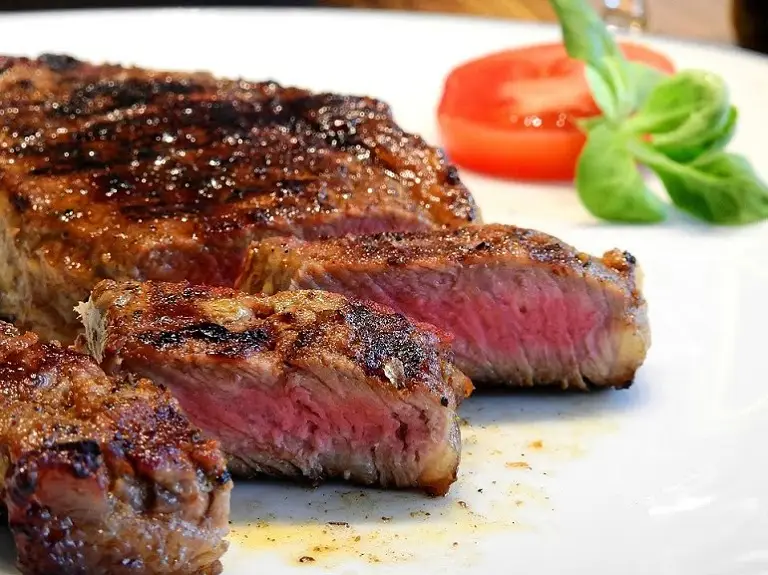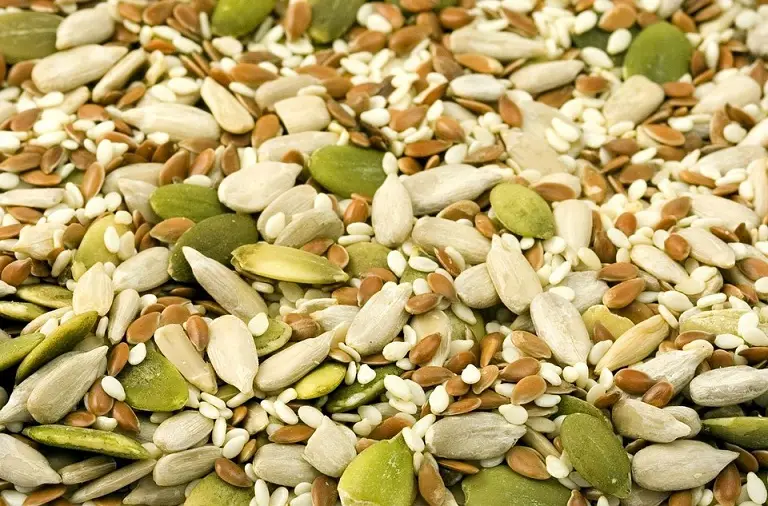Unlock the secret to naturally boosting your testosterone levels with a surprising ally – zinc.
This essential mineral has long been recognized for its role in supporting overall health, but its connection to testosterone production is a revelation.
Whether you’re an athlete looking for that extra edge in performance or simply wanting to enhance your vitality and well-being, optimizing your zinc levels could hold the key.

Researchers have found that zinc and testosterone are linked. So, can zinc help increase testosterone levels?
Discover the powerful connection between zinc and testosterone and learn how to naturally boost your hormone levels for a healthier, more vibrant you.
What is Zinc?
Zinc plays an important role in supporting the immune system, wound healing, anti-inflammatory, protein biosynthesis and much more.
As an essential nutrient, your body cannot produce or store zinc itself, so it must be obtained from the foods.
Essential nutrients fall into two categories: macronutrients, such as proteins, carbohydrates, and fats, and micronutrients, such as vitamins and minerals.
These nutrients, along with water, form the building blocks of your body and are essential to life.
What is the importance of Zinc?
Zinc is a multitasker as it is involved in more than 100 chemical processes in your body. It helps break down food and nutrients, build new proteins, support the immune system, sex drive and bone strength.
Adequate zinc supply is crucial for the function of your immune system and cell division.
Zinc deficiency can lead to a decrease in the number of androgen receptors, while the number of estrogen receptors increases and there is increased testosterone aromatization (conversion of testosterone to estrogen).
All of these can affect your health, especially when it comes to testosterone levels.
Because the body cannot store or produce zinc on its own, you must get it through diet or supplementation. If you don’t get enough zinc on a daily basis, both your zinc and testosterone levels can drop.
Signs of zinc deficiency and low testosterone levels
Zinc deficiency occurs when zinc levels in the body are too low (less than 0.66 to 1.10 mcg/ml).
Inadequate intake of zinc can lead to hypogonadism, which can lead to fatigue, muscle wasting, decreased sex drive, erectile dysfunction, hot flashes, and sexual problems.
It is recommended that children consume around 3 mg of zinc per day, while women need 8 mg and men 11 mg per day.
Foods rich in zinc for boosting testosterone naturally
To increase zinc levels, foods rich in this essential mineral can be included in the diet.
Since zinc cannot be stored in the body, the easiest and most effective way to increase zinc levels is through food intake.

There are several food sources that are rich in zinc, including:
| Oysters and crabs | Beef, pork and chicken | Whole grain products | Legumes |
| Dairy products | Nuts and seeds | Oatmeal | Dark chocolate |
The connection between zinc and testosterone production
Although the exact mechanisms are not fully understood, zinc is thought to play a role not only in cell division and the immune system, but also in the production of testosterone by helping to convert androstenedione into testosterone.
It has also been found that zinc can affect the testicular cells responsible for testosterone production.
Another interesting effect of zinc is the lowering of sex hormone-binding globulin (SHBG), which may help increase free testosterone levels as SHBG binds testosterone and limits its effects.
Zinc and Testosterone Studies
There are limited studies on the effectiveness of zinc in treating hypogonadism, but existing research suggests that zinc supplementation may help.
One study looked at the effects of magnesium and zinc supplements. The participants who took 30 mg of zinc daily had an increase in free testosterone in the body.
Another study showed that restricting dietary zinc intake could lower testosterone levels, and zinc supplementation helped participants.

A third study examined the effects of zinc on infertile men with low or normal testosterone levels and showed improvements in testosterone and sperm counts in those with low testosterone levels.
No additional benefits have been identified for men with normal testosterone levels.
These studies show that zinc has the potential to increase testosterone levels in individuals who are zinc deficient or have low testosterone levels, which can often occur due to aging, physical stress, or poor diet.
If your zinc or testosterone levels are normal, zinc supplementation will not make a difference.
Research indicates that using complex formulations can be beneficial. Although zinc alone can help, combining zinc with magnesium and vitamin B6 can maximize and increase testosterone production for optimal results.
You might be interested to know: Vitamin D and testosterone.
Zinc dosage for testosterone
Adequate zinc dosage is important to optimize testosterone levels.
Most researchers recommend a daily intake of 10-20 mg of zinc, preferably in combination with magnesium and vitamin B6.
This amount should be enough to support your body in a healthy state.
However, it is important to note that doses in excess of 40mg of zinc per day can be harmful and lead to toxicity. Too much zinc can cause symptoms like nausea, vomiting, headaches, diarrhea, and stomach cramps.
Conclusion: The importance of zinc in maintaining healthy testosterone levels
Numerous studies have shown a clear link between zinc and testosterone. Low levels of this vital mineral have been associated with decreased testosterone production, leading to symptoms such as low energy, reduced muscle mass, and even a diminished sex drive.
By ensuring an adequate intake of zinc, you can help your body maintain optimal testosterone levels and reap the wide-ranging benefits that come with it.
Zinc helps to activate enzymes involved in testosterone synthesis, allowing your body to produce and utilize this essential hormone more effectively.
However, you should take into account that if your diet already contains sufficient zinc or your testosterone levels are normal, you will not notice any difference.
It is necessary that you are either zinc deficient or have low testosterone levels to benefit from it.
It is also recommended to take zinc as part of a complex formulation rather than using it alone for best results. Testosterone pills such as Testogen offer such complex formulations and can help achieve enhanced levels of testosterone in the body.
